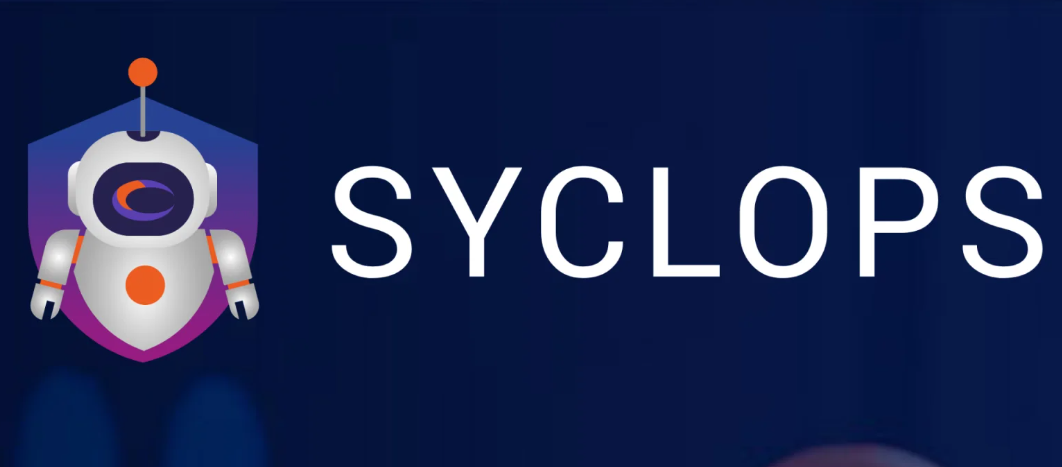Codasip Labs is all about innovation, and specifically the commercialization of that innovation. Naturally, with the rise of Artificial Intelligence (AI) and Machine Learning (ML), these areas have become a key focus for us. At the beginning of 2023, we joined the New Horizon Europe Project SYCLOPS (Scaling extreme analYtics with Cross-architecture acceLeration based on OPen Standards). This project aims to advance AI and data mining for extremely large and diverse data. The program brings together eight leading European organizations with the goal of achieving ground-breaking advances in the scalability of extreme data analytics via fully open AI acceleration. Codasip’s role is to develop domain-specific accelerators based on the RISC-V Vector extension (RVV). We will do this using the design automation tool Codasip Studio and the CodAL processor description language.

The growing need for hardware accelerators for big data
The widespread adoption of AI has resulted in a market for novel hardware accelerators that can efficiently process AI workloads. However, all popular AI accelerators today use proprietary hardware and software stacks. This has led to a few large industry players monopolizing the acceleration market. SYCLOPS intends to break this monopoly. How? By demonstrating ground-breaking advances in performance and scalability of extreme data analytics using AI accelerators based on open standards. For the first time, the open standards RISC-V (Instruction set Architecture) and SYCL (cross-vendor, cross-architecture, data-parallel programming model) will be combined. The idea is that the experiences gained in SYCLOPS will be fed back to the RISC-V and SYCL communities. This will simplify codesign and enable a broader AI accelerator design space and richer ecosystem.
Leveraging the RISC-V Vector extension for domain-specific accelerators
The Codasip Labs team will use the CodAL processor architecture description language and Codasip Studio API extensions to enable domain-specific RISC-V Vector extension accelerator design. Furthermore, the team will develop a RISC-V Vector extension-based accelerator using the tools.
Codasip Studio is a unique collection of tools for fast and easy designing or modification of processors. CodAL is a proprietary architecture description language developed by Codasip. This language resembles C. But, it is specifically designed to simplify the process of describing and customizing processor architectures at a high level of abstraction. The language contains a set of compact constructs to describe certain processor blocks. This includes register files, interfaces, caches, tightly coupled memories, buses, etc. These compact constructs enable you to create a design with a much smaller code size than would be possible with a generic hardware description language like Verilog.
From the single source that is the CodAL description, you can easily generate the full set of tools needed to evaluate the processor. Not only a software toolchain that contains the compiler, debugger, linker, simulator, and profiler. But also, a hardware design kit that contains the corresponding RTL description and UVM environment. Codasip Studio generates these tools automatically from the CodAL model.
Gathering European key players to benefit the AI acceleration ecosystem
The SYCLOPS consortium partners have expertise in several fields, including computer architecture, programming languages, systems and runtimes, big data, and high-performance computing. Certainly, this collaboration will contribute to new advances in AI acceleration. The project members are focusing on three specific use cases within autonomous systems, high-energy physics, and precision oncology. More broadly, the advances made by SYCLOPS will foster an open European and global ecosystem of AI acceleration solutions based on SYCL and RISC-V standards. In addition to Codasip, the SYCLOPS project partners are AccelOM, CERN, Codeplay, EURECOM, INESC-ID, Heidelberg University, and HIRO-MicroDataCenters. The partners have played key roles in the formation of these open standards and are well positioned to contribute with infrastructure tools for simple, fast, cost-efficient customization of RISC-V accelerators, along with platform and application tools based on the open standards.
Codasip Labs is our innovation hub. Here we explore new technologies and try to contribute to the technology of the future. To learn about some other cool projects we are working on, check out these projects on neuromorphic vision and MEMS sensors for a digital ear.

